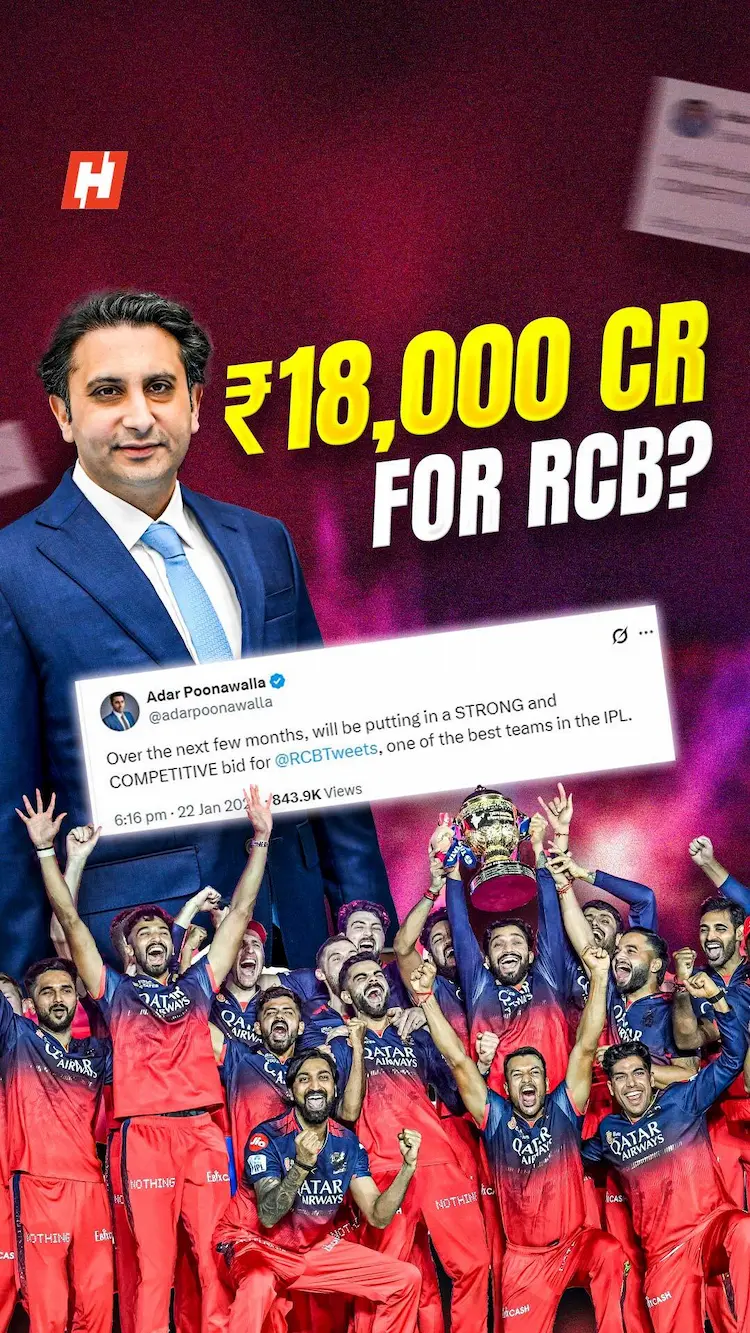How Gen Z’s dating terms are redefining modern relationships
In a world where digital communication often outpaces emotional expression, Gen Z has done something remarkable they've created a language that brings clarity to the often confusing world of modern relationships. With terms like breadcrumbing, love-bombing, ghosting, zombie-ing, benching, and reverse-catfishing, this generation has carved out a new vocabulary that helps people articulate complex emotional experiences with surprising precision.
Naming the unspoken
For decades, many of us have struggled to express feelings of emotional manipulation, uncertainty, or neglect in relationships. We knew something felt off, but lacked the words to define it. Gen Z’s evolving dating lexicon changes that. These aren’t just trendy buzzwords; they’re tools for emotional insight.
Take breadcrumbing, for example. It describes a situation where someone gives another person just enough attention to keep them interested, but not enough to build a genuine connection. This term makes it easier to recognize inconsistent behavior for what it is, rather than rationalizing it or blaming oneself.
Similarly, love-bombing captures the overwhelming attention and affection that can be a red flag in manipulative or narcissistic relationships.
Zombie-ing, when someone who ghosted you suddenly returns gives a playful but pointed name to emotionally disruptive behavior that, in the past, might have gone unexplained.
See Also: How Gen Z has fully embraced the Y2K halter-neck
From buzzwords to emotional awareness
These terms may sound humorous or even dramatic at first glance, but their real power lies in the emotional clarity they provide. When we name something, we understand it better, and understanding is the first step toward addressing emotional harm.
Language like this doesn’t just help individuals, it enables healthier conversations. Friends can now support each other with more context and awareness. Therapists and counselors increasingly recognize the value of these terms in helping clients articulate their relationship challenges.
See Also: The push to be productive is ruining hobbies for Gen Z
Why Gen Z’s lexicon matters
The emotional intelligence of Gen Z is often underestimated. But the rise of these dating terms shows a generation that values mental health, communication, and boundaries. In using relatable, accessible language, Gen Z is dismantling the stigma around discussing emotional discomfort and unhealthy behavior.
By naming emotional grey areas that previous generations didn’t talk about openly, Gen Z is reshaping the way we understand intimacy, accountability and consent in modern relationships.
A vocabulary that empowers
At its core, Gen Z’s dating vocabulary is a form of empowerment. It gives people the words to identify manipulation, express confusion, and set boundaries all crucial for building healthier emotional connections in today’s digital-first world.
See Also: TikTok's 'Floor Time': Your Ultimate Mental Reset Trend









